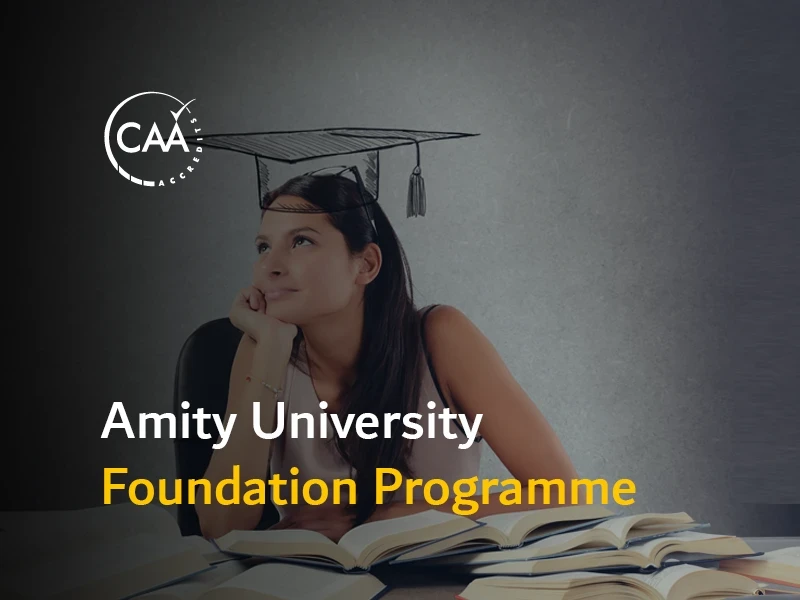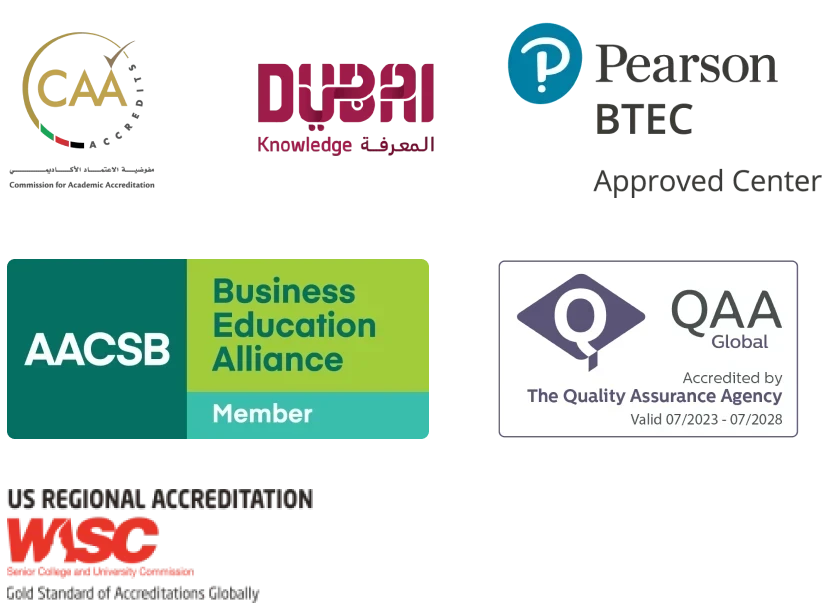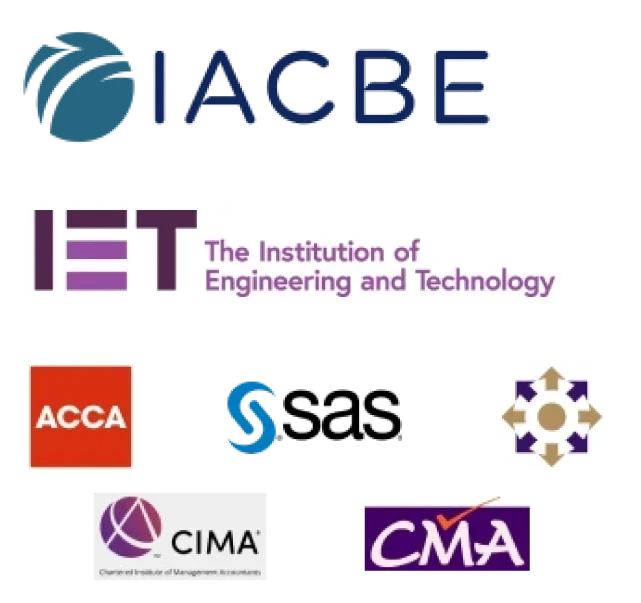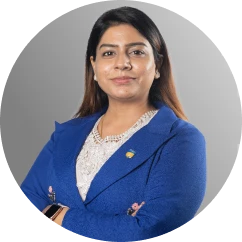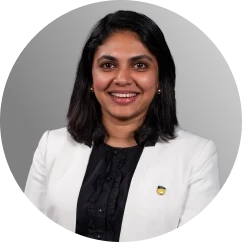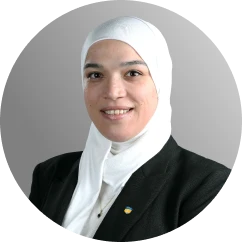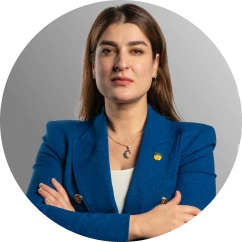
Amity University Dubai Foundation Course in Business and Applied Science
Amity University Dubai offers the Foundation Course in Business and Applied Science, providing a strong foundation in business and technical disciplines recognised by universities and employers worldwide.
Our Foundation pathways provide a practical, project-based alternative to purely exam-driven routes, helping students build strong academic foundations and work-ready skills in areas such as business, IT, engineering, and other technical fields.
Taught on our modern Dubai campus by experienced faculty, these programmes blend classroom learning with real-world applications so students can confidently progress to a full bachelor’s degree or directly into industry roles.
Learning Outcomes
By the end of your Foundation studies at Amity University Dubai, you will be able to:
- Demonstrate applied understanding of core concepts in your chosen Business or Technical pathway through projects and assignments.
- Use industry-relevant tools, techniques, and communication skills to solve real-world problems in a professional context.
- Meet the academic and skills requirements needed to progress to related undergraduate programmes or entry-level roles in your field.

